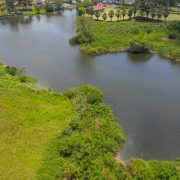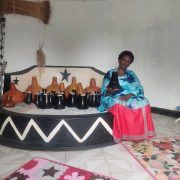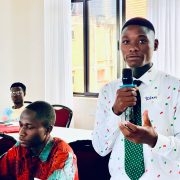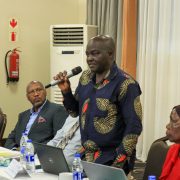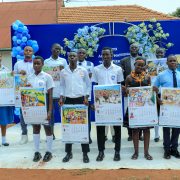Heritage clubs in secondary schools post Covid-19: What status?
- 3 years Ago
- 0 Comment
- 4 Min Read
CCFU visited 20 heritage clubs in the WestNile region, in the districts of Pakwach, Nebbi, Arua, and Moyo. The visits aimed at establishing the status of the heritage clubs post the Covid-19 pandemic and to develop plans for the revival of those that were severely affected.
Status of the heritage clubs in schools
Meetings were held with school administrators, patrons, history teachers and heritage club members. 19 out of the 20 schools were active and have managed to resume club activities post COVID-19. These activities included: music, dance and drama; debates; visits to community museums; handover ceremonies for outgoing club executives; art and craft and participation in the CCFU annual youth competition.
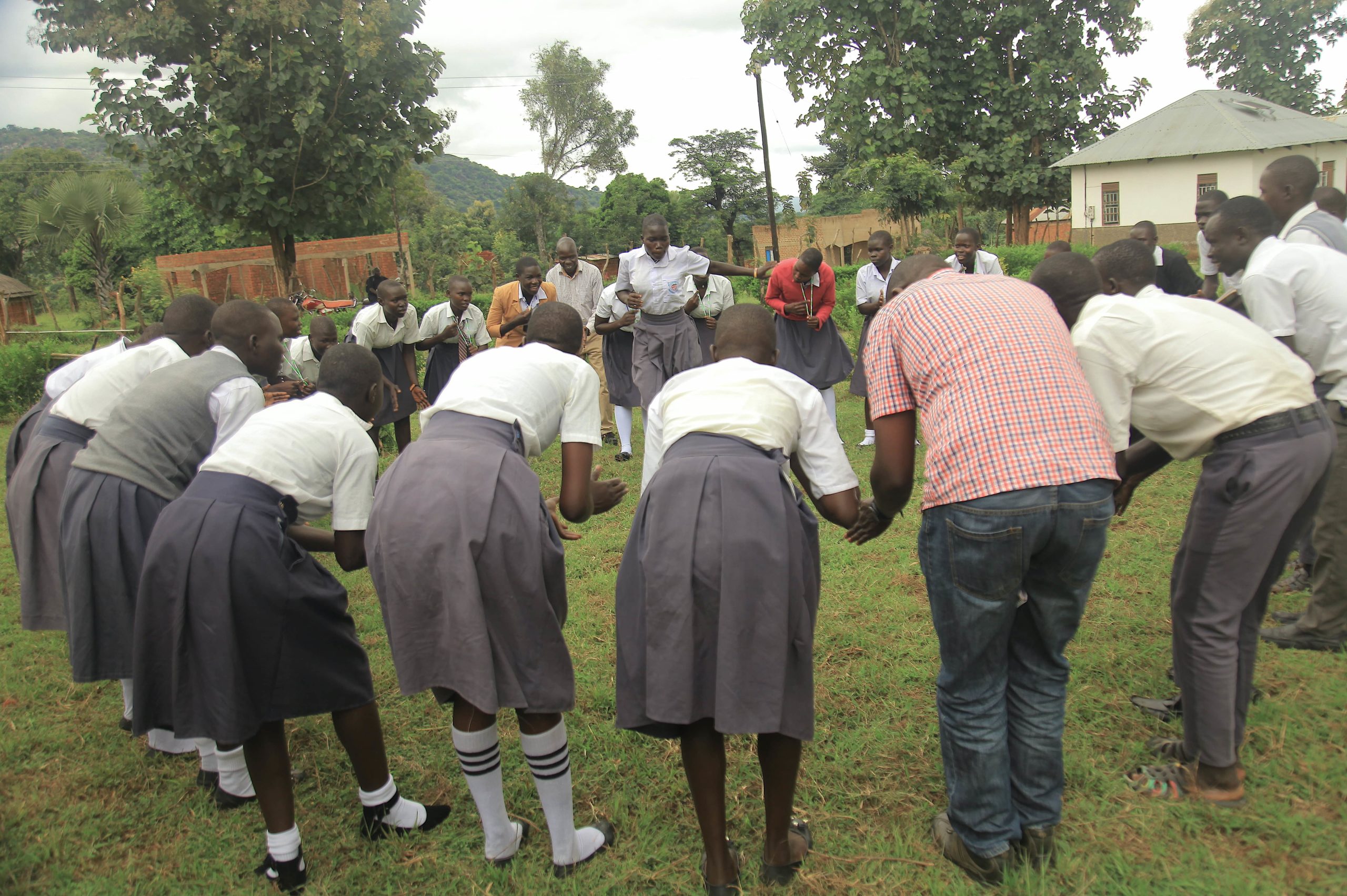
Members of the heritage club at Lohwa SS in Moyo present a traditional dance
CCFU was pleased to learn from school administrators that heritage clubs at some schools such as Muni Girls, St. Mary’s Edioffe in Arua, St. Andrew’s SS in Moyo, Parombo SS in Nebbi, were the most active in school.
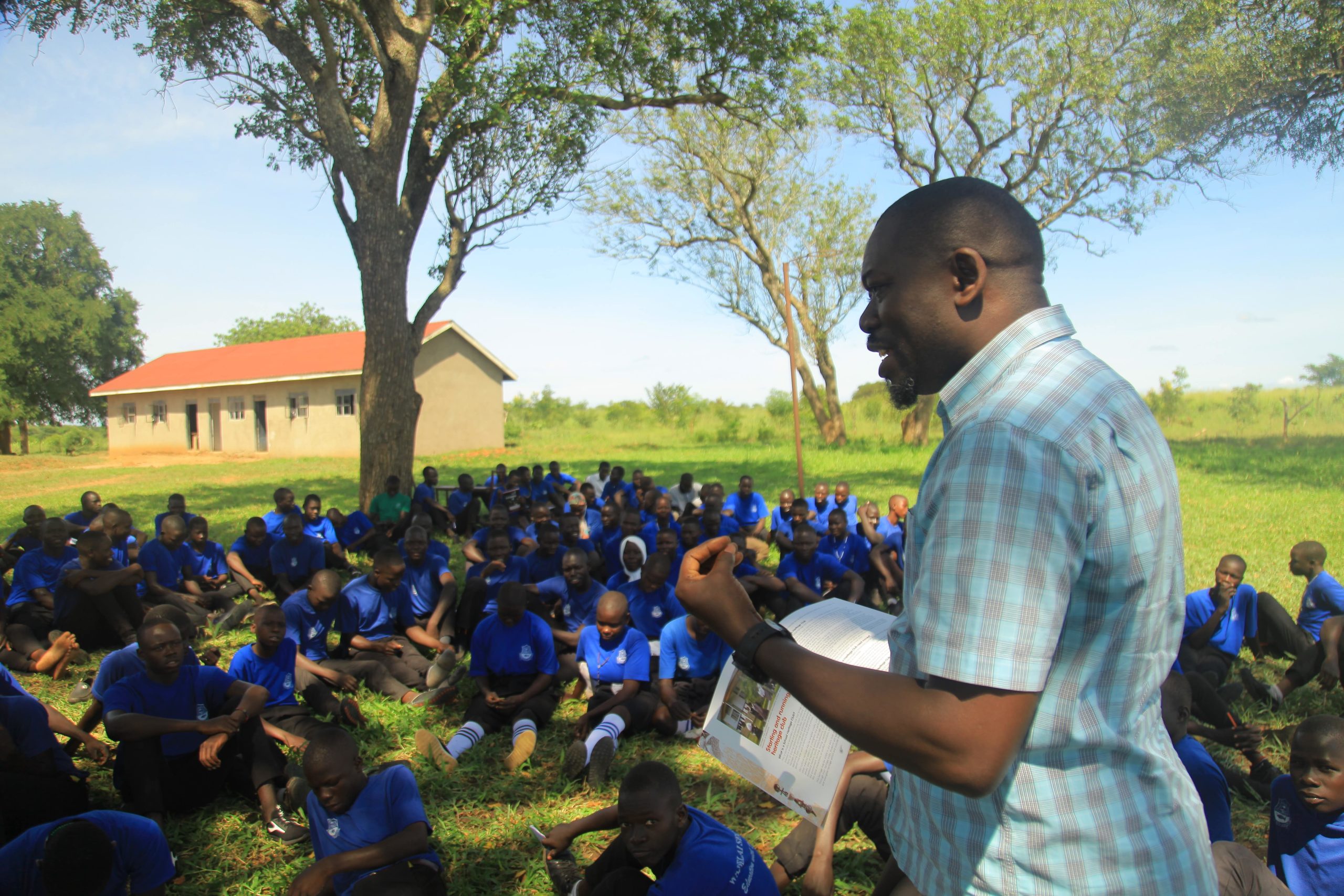
Fredrick Nsibambi, CCFU, discusses ways of starting a heritage club at Wadlai SS in Pakwach
Heritage club members have also started crafts initiatives and dance groups which they use to make money to facilitate club activities such as visits to heritage sites and community museums. At Manibe SS, young people have started a school museum to showcase their different cultures

St. Mary’s Girls SS in Arua with some of their crafts products
All the clubs attributed their success to support given by school administrations in form of time and sometimes financial resources, CCFU coordinators and patrons. School administrators recognised the importance of heritage clubs in the schools. They reported the clubs has not only built leadership and confidence in young people, but contributed to the improvement of school morals. Administrators pledged continued support to the heritage clubs in form of guidance, time and were possible, financially for activities that are outside the schools.
“The heritage club has built confidence and leadership in young people in our school. We therefore offer every Wednesday afternoon to students to engage in club activities and were needed, we offer financial support and will continue to.” Mr. Luzige, the Headteacher of Metu Secondary School in Moyo.
Active clubs also attributed it to the passion and self drive of young people to participate in activities of the heritage clubs.
“I love my culture. It is my pride and I don’t want it to die. So, I mobilise members if the club for activities.” Eliabu said.
The impact of Covid-19 on heritage education clubs
Covid 19 affected heritage education due to closure of schools. Even when schools opened, Covid still presented challenges such as bans on gatherings, phased reporting to school by students and economic hardships. These challenges led to school dropouts because parents are unable to send children to school, and return heritage club member drop outs; and schools paused co-curricular activities to concentrate on academics.
During support visits, clubs were supported to develop post Covid-19 revival plans by implementing activities such as recruitment of new members.
The abridged curriculum for lower secondary also presents an opportunity for schools to include cultural heritage activities such as art and crafts in their projects. Patrons and school administrators were encouraged to use this as opportunity for heritage education to the rest of the school.
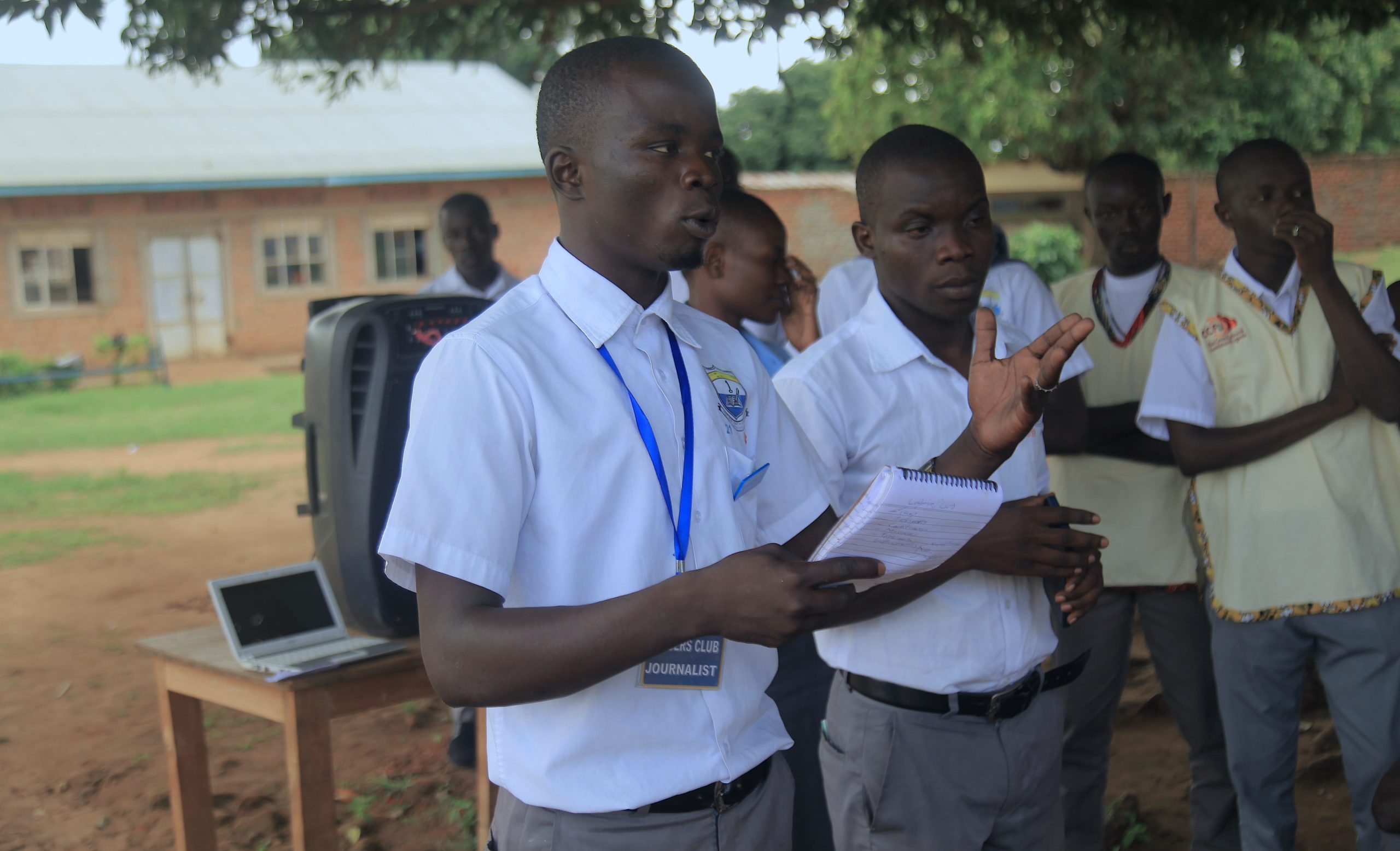
The chairperson of Bishop Tarantiono SS, Arua, presents plans for third term activities
About the Heritage Education Programme
In 2011, CCFU initiated a programme to enhance heritage education in Uganda, recognising the role of the young generation in promoting cultural rights and heritage. CCFU now supports more than 150 “school heritage clubs” by training teachers and providing materials.
CCFU also supports the development of cultural heritage resources in the vicinity of the selected schools by supporting 15 community museums and their outreach activities. The Foundation has also been engaging the National Curriculum Development Centre (NCDC) to integrate culture into the new national curriculum for lower secondary schools. For more information, see HEP resources.
In 2017, CCFU received support from UNESCO for a 3-year project that aims at raising awareness of the management and academic staff in 4 universities in Uganda on the relevance of intangible cultural heritage in Uganda’s current development context.https://crossculturalfoundation.or.ug/ccfu/2022/09/22/20-heritage-clubs-in-secondary-schools-in-westnile-visited-by-ccfu/



